Worth The Hype Or Much Ado About Nothing? Explaining Africa’s Free Trade Agreement To The Common Man
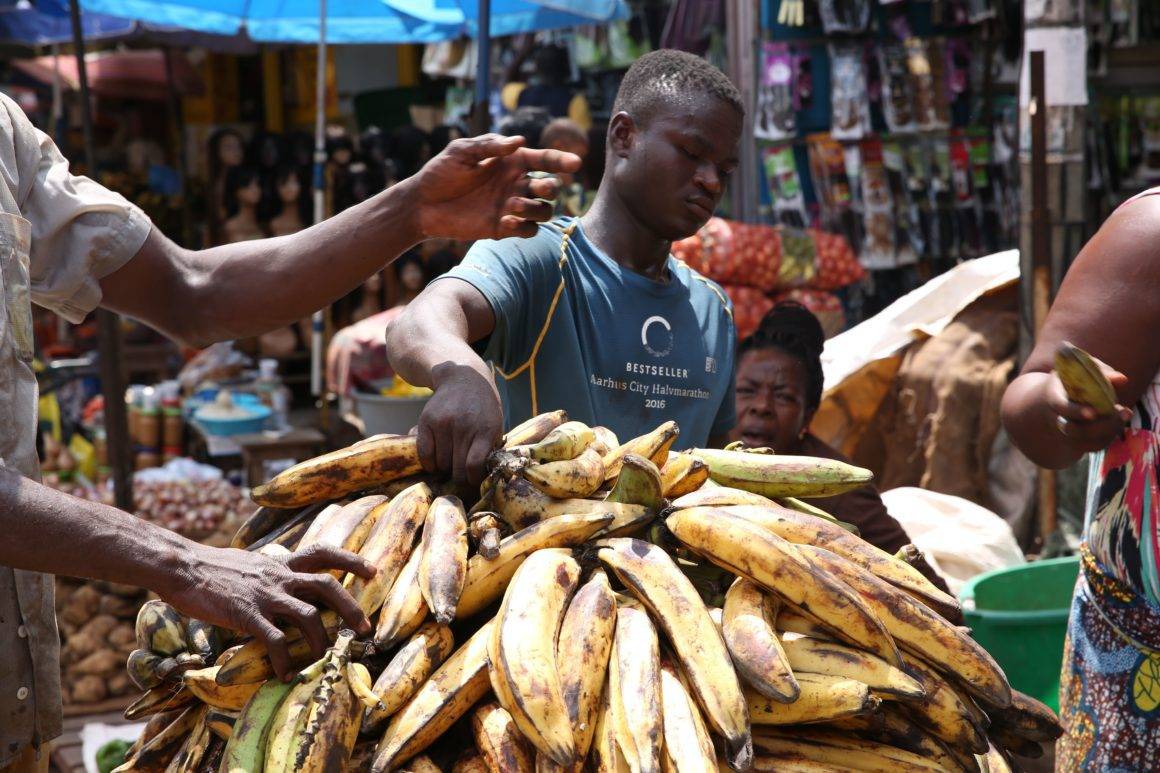
The African Continental Free Trade Area agreement wants to turn the whole of Africa into “one” market, the largest there is, and this what it means for the common man.
When the Nigerian government told everyone at the negotiation table that it was going to take its time to scrutinize the full implications of the much-anticipated African Continental Free Trade Area (AfCFTA) agreement, it kind of put a sour taste in the mouths of all the 52 other African countries that had already committed to the agreement at the time.
This was sometime in June last year. Before then, the excitement surrounding a proceeding that, if executed properly, was going to give birth to the largest free trade area in the world since the World Trade Organisation was formed in 1995, had become palpable. And rightfully so too — it had been a long time coming after all, with the initial planning dating as far back as 2013.
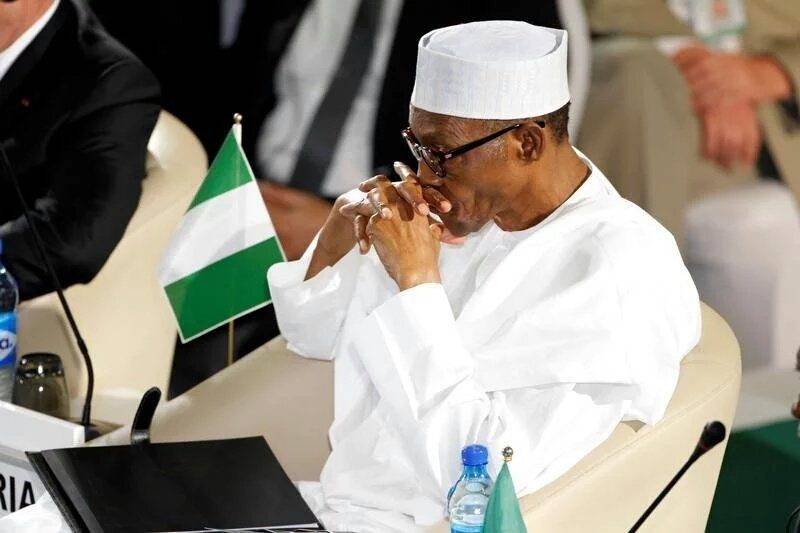
President of the Federal Republic of Nigeria
Source: TVC News
And so, when Africa’s largest economy looked like it was going to walk away from the negotiation table for reasons supposedly bordering on “protecting itself from becoming a dumping ground and protecting the interests of its local manufacturers,” it put a cloud over the whole thing.
But not for long, though. This Tuesday brought news that the government of Nigeria had found the AfCFTA agreement worth its while. As a matter of fact, it offered to sign the agreement at the Extraordinary Summit of the African Union scheduled to take place in the Nigerien capital city, Niamey, on July 7.
Apparently, the “extensive domestic consultations” the Nigerian government had summoned to weigh the effects of the proposed Free Trade Area agreement on the country’s economy hadn’t turned up too many red flags and was, thus, given the all-clear. And just like that, the continent had gotten back on track in its quest to not only make history but also improve the economic fortunes of all its member states.
The fanfare from the revelations of this Tuesday was evident, getting Nigeria on board with the plan represents something of a coup for the African Union (AU) and as things stand, it sure looks like it’s only a matter of time before Benin and Eritrea — the only two other African countries that are yet to okay the agreement — put pen to paper.
But even as scores were excited about the development, there were many who just couldn’t grapple with why it caused that much of a stir. No, really, why all the fuss about this development? Does the AfCFTA agreement really mean that much? What does it even mean? Those were just some of the questions that registered. But for starters, maybe the development is a good idea, at least, more than it is a bad one.
What The AfCFTA Agreement Is All About
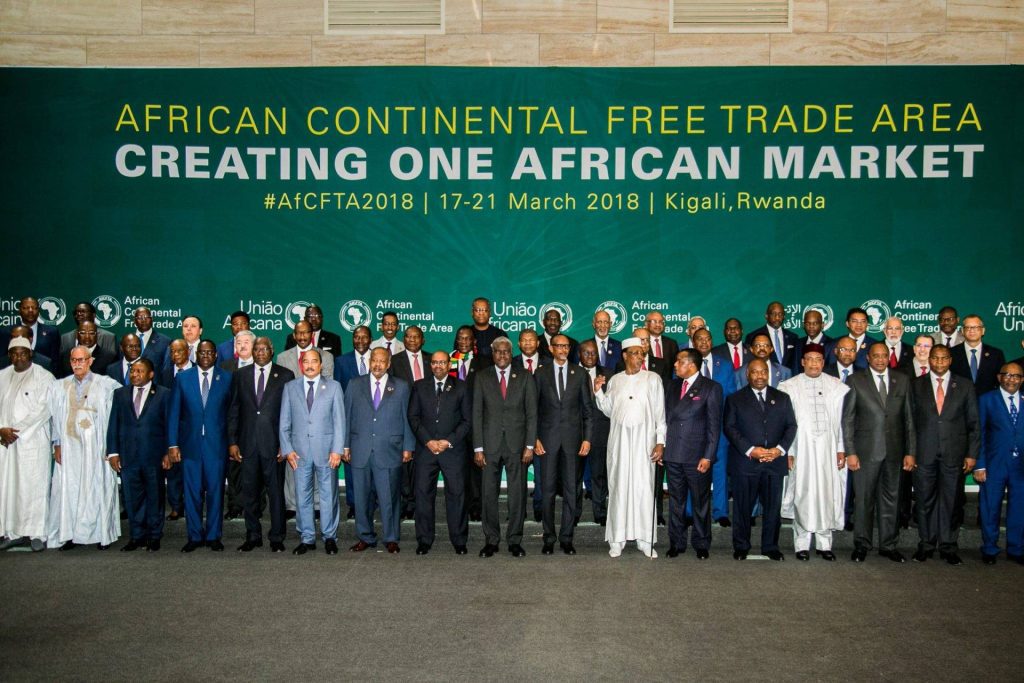
Basically, the AfCFTA agreement wants to transform the African continent into a single market. It is a move aimed at boosting intra-African trade by transforming the continent into “one’ big market (emphasis on “one”), devoid of tariffs and barriers to entry.
In layman’s terms, the African Union wants to make it possible for every African country to sell goods manufactured in their own backyards in any African country of their choosing without having to pay huge fees or be met with other hostile blockades to the smooth trading of their commodities in those countries.
What this means is that Kenyan coffee could be shipped to Nigeria and sold without the usual constraints of having to pay huge tariffs, and in the same vein, Nigeria can have its textiles sent to Kenya and sold there without much fuss. That is the idea.
Why Is It Necessary?
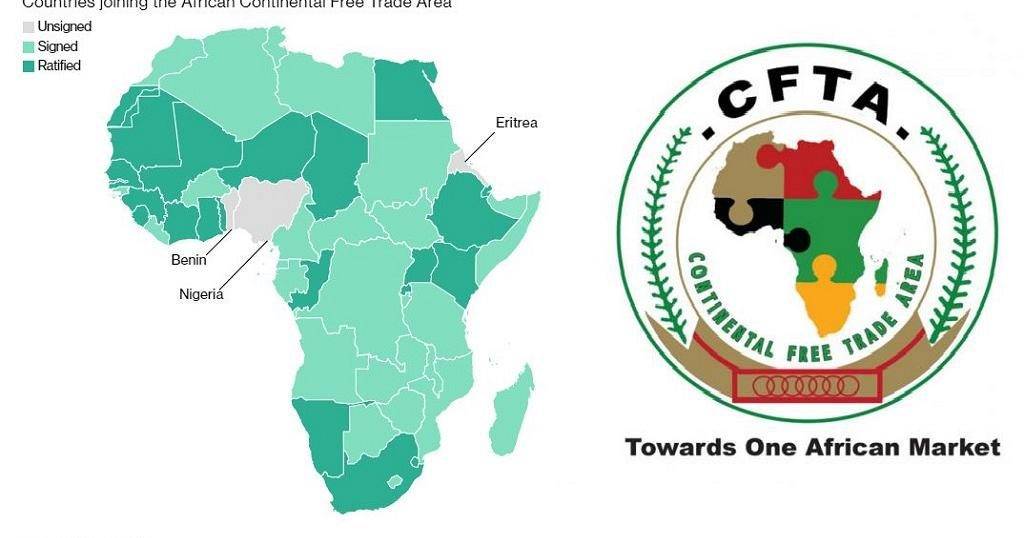
Despite the fact that sister African states are closer to one another than anywhere else, it is quite paradoxical that most African countries prefer to export their products to Europe and the United States. And it doesn’t offer much help to African economies that these exports are mostly extractives (raw materials that still need to be made into a finished product) than industrial goods.
Only 15 percent of African exports can be traced to other African countries. To put things into perspective, exports between Asian countries is somewhere around 58 percent while trade between European countries is at a respectable 67 percent.
This means that African countries just aren’t trading enough between one another and that’s mostly because it’s tougher to trade amongst themselves than it is with countries from other parts of the globe. But it shouldn’t be. And that’s what the AfCFTA wants to achieve.
A combination of exorbitant tariffs and obsolete infrastructure are some of the more common factors responsible for intra-African trade difficulties, but just as much damage has been done by the eight separate Regional Economic Communities (RECs) that are in existence throughout the continent which often hinders standardisation and enforcement.
Many African countries belong to multiple RECs, which tends to limit the efficiency and effectiveness of these organisations. And as most of these RECs are either underperforming or completely out of touch with the others, successful integration of trade has become rather difficult. Hence, the return to the drawing board and the coming of the AfCFTA agreement.
What Will The New Agreement Do, Exactly? And How?
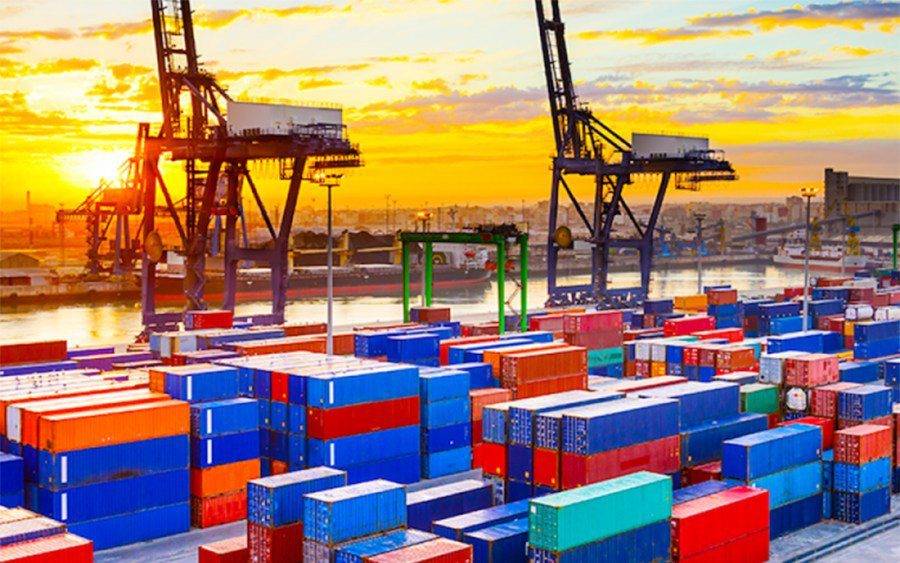
The AfCFTA, which establishes a single continental market for goods and services, seeks to increase intra-African trade by cutting tariffs by as much as 90 percent. It will also harmonize trading rules at a regional and continental level.
If successful, the United Nations Economic Commission for Africa estimates that the agreement will boost intra-African trade by 52.3 percent by 2022.
It has already been stated that Africa’s exports to the western world, and even China recently, have been primarily been raw-materials which do not have as much value as finished goods. In the quest for sustainable economic growth, many African countries are now shifting focus to industrialised goods, having become all too aware of the volatility associated with extractive exports.
Even though export trade between African countries is quite low at the moment, a decent 42 percent of those intra-African exports are industrialised goods and this number is expected to grow under the new AfCFTA agreement.
By shifting focus to the export of industrialized commodities, African countries would be doing their respective manufacturing sectors a solid and this will only mean more jobs for the teeming youth population and continent-wide industrialisation.
And the timing is spot on. With China still embroiled in a trade war with the United States, the Asian country is looking to decrease its dependence on export markets and Africa is a good bet for the next manufacturing hub of the developing world.
So, What Now?

In a nutshell, the AfCFTA will make things better — it’s a move that will see African economies boost African economies, though it won’t be without hurdles. Concerns have already come in the form of fear for the fate of local cottage industries, smuggling, loss of revenue from tariffs, and deliberate labeling of products made outside the continent as made-in-Africa. Those will need to be dealt with.
Essentially, the new trade agreement has the potential to come good but it won’t just turn things around on its own. The new trade policy has to be accompanied by a continental manufacturing agenda, without which it would just be a beautiful plan on paper and nothing more.